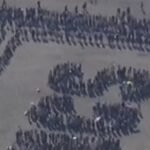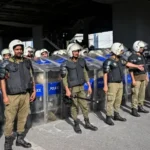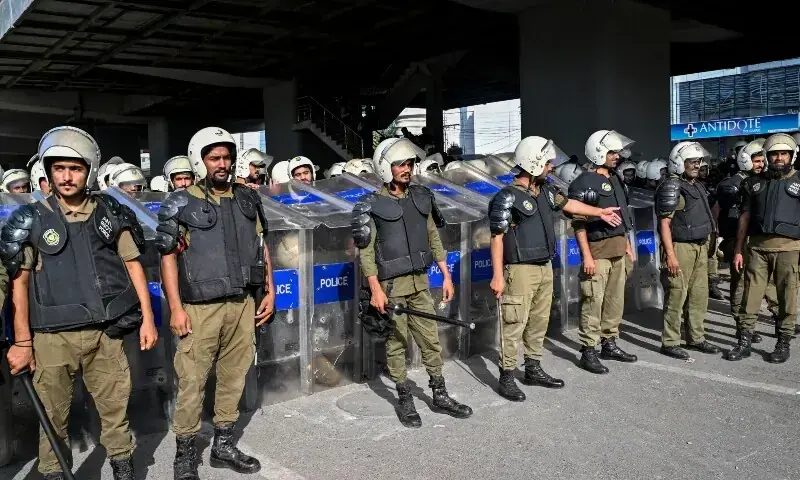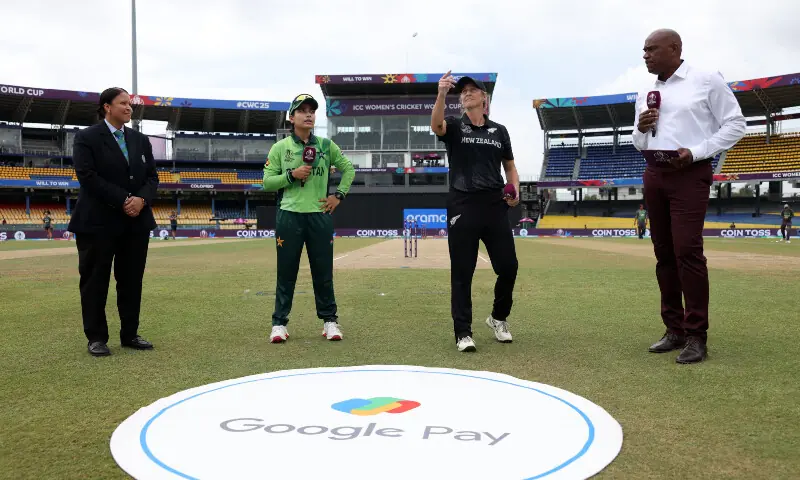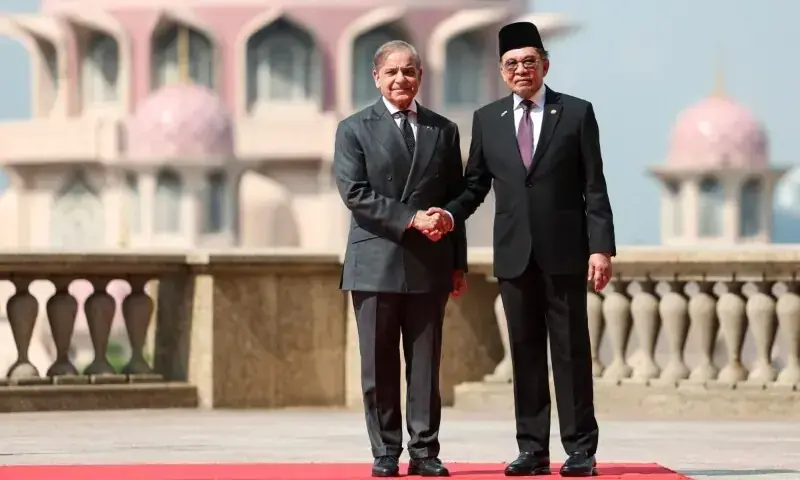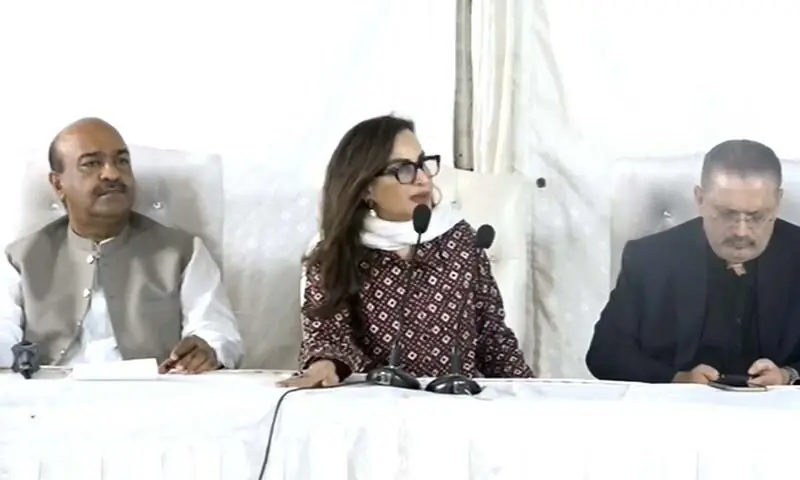Nobel Peace Prize winner Malala Yousafzai said on Sunday that the Taliban did not see women as “human beings” and had created a system of “gender apartheid” by covering up their crimes with cultural and religious justifications.
Since returning to power in 2021, the Taliban government has imposed an austere version of Islamic law that the United Nations has called “gender apartheid.”
Its restrictions have excluded women and girls from high school and university education, as well as many government jobs, and have seen them isolated from many aspects of public life.
Speaking at a summit on girls’ education in Muslim countries held in Islamabad, the Nobel Peace Prize winner said that women living under the Taliban system find themselves in “gender apartheid.”
“The Taliban punish women and girls who dare to violate their dark laws by beating them, arresting them and harming them,” said Yousafzai, 27.
“Simply put, the Taliban do not see women as human beings,” Yousafzai said at the conference. “They cover up their crimes with a cultural and religious justification.”
The two-day conference has brought together education ministers and officials from dozens of Muslim-majority countries, backed by the Muslim World League.
Delegates from Afghanistan’s Taliban government did not attend the event despite being invited, Pakistan’s Education Minister Khalid Maqbool Siddiqui said. AFP on Saturday.
Malala said there was nothing Islamic about the Afghan government’s policies and that they were “against everything our faith stands for.”
“They are violations of human rights and no cultural or religious excuse can justify them,” Yousafzai said.
He urged Muslim leaders not to “legitimize” the Afghan Taliban government and to “show real leadership” by opposing its restrictions on the education of women and girls.
The Nobel Prize winner asked the leaders present at the conference to recognize the Taliban regime as “authors of gender apartheid.”
“So let’s not legitimize them. Let us not make concessions in our faith,” he said.
He urged them to support the treaty on Crimes Against Humanity and pressure their governments to participate in the process.
“It’s time we have real tools to stop an extremist regime from systematically erasing women and girls,” Yousufzai said.
“The way forward for Afghanistan is through political solutions and not military force.”
He said 12 million Pakistani girls were out of school, one of the highest numbers in the world.
“I am glad that this conference is being held here in Pakistan, because there is still a lot of work ahead so that all Pakistani girls can have access to their education,” she said.
“As Muslim leaders, now is the time to raise your voice and use your power. You can show true leadership. You can show true Islam,” he said.
“As we celebrate our rich [Islamic] history, we must also pay attention to the present and the urgent crisis of millions of girls who cannot go to school,” she said.
“This is not just happening in small, remote communities.[…] This is the reality that more than 120 million girls live around the world.”
He added that the Muslim World League should begin by acknowledging the crisis that was holding economies back by hundreds of billions in lost growth.
“If we do not address this crisis […] “We will fail to live up to Islam’s core values of seeking knowledge,” he said.
“In Afghanistan, an entire generation of girls are being robbed of their future,” she said.
“The Taliban have taken away the right to learn from all Afghan girls […] “They want to eliminate women and girls from all aspects of public life and erase them from society,” Yousufzai said.
Yousafzai was shot in the face by the Pakistani Taliban when she was a 15-year-old schoolgirl in 2012, amid her campaign for women’s educational rights.
Her activism earned her the Nobel Peace Prize in 2014 and she has since become a global advocate for the educational rights of women and girls.
While there are protests across much of the international community over the Taliban government’s restrictions, nations are divided over how to engage with Kabul’s rulers on the issue.
Some countries argue that they should be excluded from the diplomatic community until they reverse course, while others prefer compromise to convince them to make a 180-degree turn.
No country has officially recognized Taliban authorities, but several regional governments have made commitments on trade and security issues.
